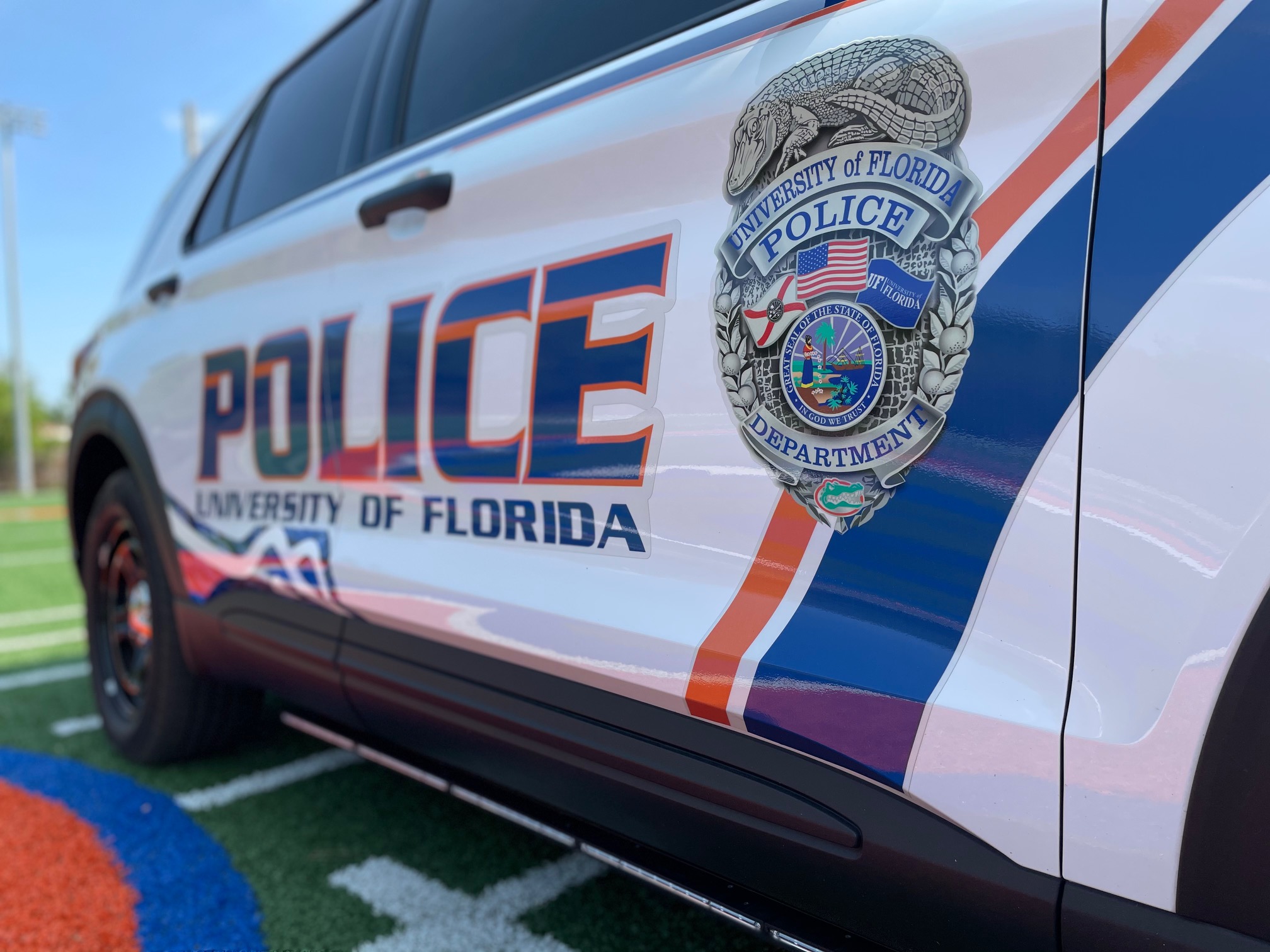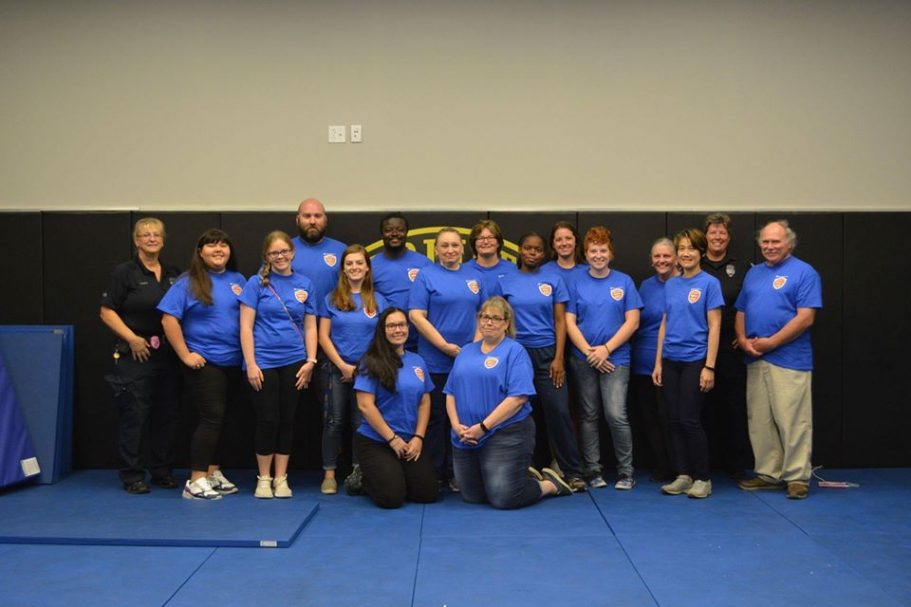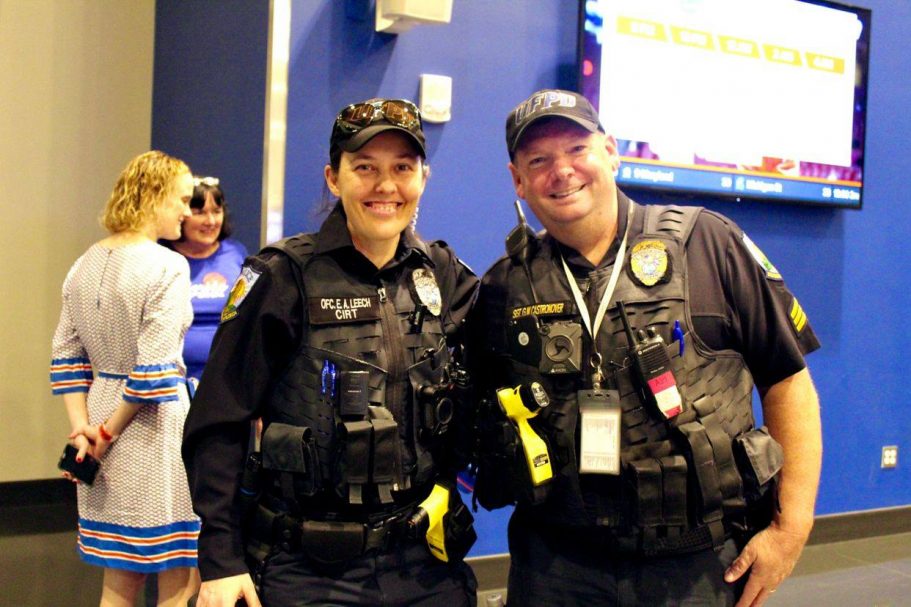To apply for an Injunction for Protection (restraining order) you must go to the Civil Division of the Clerk of the Court office in any county in Florida (see phone numbers below). A victim advocate will assist you in filling out paperwork.
First, a judge may issue a temporary order. Within two weeks a hearing for a permanent order is held. Both you (the petitioner) and the abuser (the respondent) will receive separate notices stating the time and location of the hearing. At the time of the hearing, you and the respondent will be present and be able to speak to the Judge. To get a permanent order, you must be present at the hearing – but you do not have to go alone. A victim advocate may be available to accompany you. You can call the UFPD Office of Victim Services to speak with a victim advocate about accompanying you to the hearing. Also, a friend or a relative may accompany you. You do not need to get an attorney to get an Injunction for Protection.
In an emergency situation on a weekend, holiday, or after hours, a temporary Injunction may be obtained. Call your local law enforcement agency for information on how to get an emergency Injunction. A UFPD victim advocate can also be reached in an emergency situation on a weekend, holiday, or after hours by calling (352) 392-1111.





